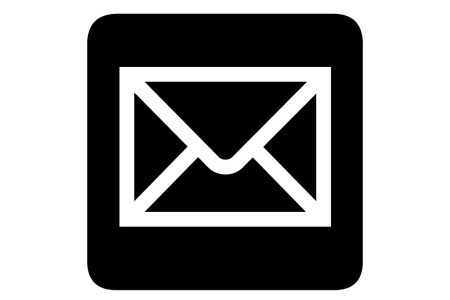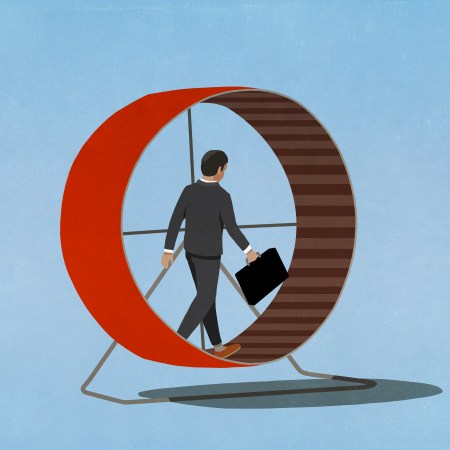“Inbox zero” is a pipe dream, but pretty much everyone can agree that there’s too much email and we need to find a better way to sort, reply, organize and delete the deluge of messages we receive each day (except for email newsletters, which are great!). And this is where artificial intelligence may play a helpful role.
Per Insider, a number of new companies are betting on AI to clean up inboxes in a way we haven’t witnessed before. The potential leader of the group is Shortwave; founded by former Google employees, it uses AI to summarize your emails. The app runs on GPT-3, the language model behind ChatGPT. Besides summaries, the program prioritizes conversations with people and creates bundles (“newsletters,” “travel,” “purchases”) out of the less important conversations. It also offers AI-generated responses to various common email queries.
Have We Misunderstood the Point of “Inbox Zero”?
A less stressful email experience might be possibleWriter Shubham Agarwal suggests Shortwave saves him roughly three hours a week. It certainly seems to offer more options than Gmail’s auto-generated responses or limited system of email categorization (primary, promotions, social, etc.). As Jacob Wenger, Shortwave’s cofounder, puts it: “You should not have to fully read and interact with every email in your inbox to get to inbox zero.” (He also refers to Shortwave as a “personal AI email assistant.”)
Shortwave is not the only company trying to graft AI onto email. There’s Flowrite (which basically writes emails for you from a few prompts), HyperWrite (same idea but more personalized) and Jasper (aimed more at sales marketing), among several other startups.
The issues? Well, Shortwave is utilizing ChatGPT’s tech, and that’s an imperfect product. Plus, there’s an ethical grey area of having a machine write a message under your name, and some privacy issues as well (though Shortwave seems to be proactively addressing that aspect). As well, a well-written email shows a person that you’ve taken time to read and understand their message.
Perhaps a labeling system would help. As Vincent Conitzer, a computer-science professor at Carnegie Mellon University, told Insider, “[It’d be] helpful to have proof that the message was written by a human being.”
Thanks for reading InsideHook. Sign up for our daily newsletter and be in the know.


















